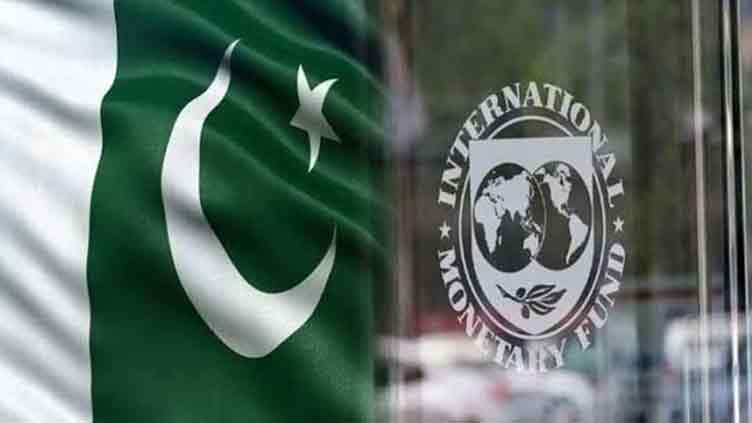ISLAMABAD – The International Monetary Fund (IMF) said that it was ready with Pakistan’s newly elected government to address the economic challenges, Communication Director Julie Kazok confirmed on Friday.
The IMF official lauded the caretaker government’s efforts, and highlighted its role in maintaining the economic stability, curbing inflation and bolstering foreign exchange reserves through a stringent monetary policy.
Emphasizing the IMF’s commitment to shielding vulnerable sectors, Kozek stressed the program’s dual emphasis on economic stabilization and safeguarding those most susceptible to financial shocks.
Kozek stated that on January 11, the IMF Executive Board endorsed the first review of the Standby Arrangement, facilitating the disbursement of $1.9 billion to Pakistan.
The IMF communication director reiterated the IMF’s dedication to safeguarding the interests of Pakistan’s impoverished populace and expressed willingness to collaborate with the newly elected government to achieve economic objectives.
She declined to comment on the internal political matters and refrained from making any comment about the letter to be written by PTI founder Iman Khan.
“The IMF refrains from issuing statements on such issues,” said Kozek.
The Bloomberg said Pakistan is actively pursuing a significant loan of at least $6 billion from the IMF to mitigate the burden of impending debt repayments.
Pakistan sought to negotiate an Extended Fund Facility with the IMF, as disclosed by a Pakistani official. The discussions with the global financial institution are anticipated to commence in the upcoming months, potentially as early as March or April.
Before the previous bailout, Pakistan implemented a series of stringent measures mandated by the IMF, including budgetary revisions, a rise in benchmark interest rates, and adjustments to electricity and natural gas tariffs.
The urgency for financial assistance arised from the looming conclusion of a short-term IMF bailout program, which aided Pakistan in averting default last summer. However, with the program set to expire next month, the incoming government faces the challenge of establishing a sustainable, long-term arrangement to stabilize the $350-billion economy.










